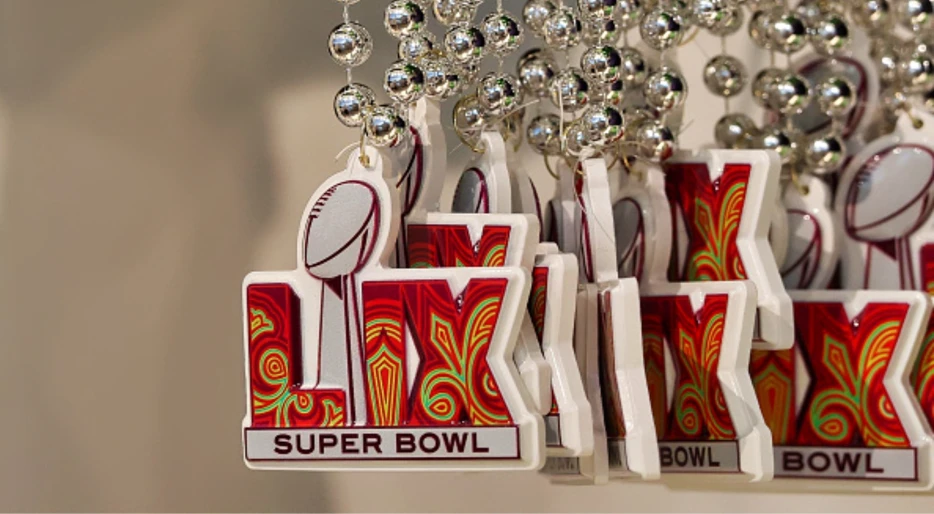
Every year, Super Bowl fans gather on a Sunday in February to watch the biggest game of the season. Many have wondered- why not Saturday? Wouldn’t it be easier for fans who have work the next day?
The NFL has never strayed from this tradition since the first game on January 15, 1967. It’s not a coincidence- it’s all about TV ratings, business strategy, and history.
The biggest reason the Super Bowl is played on Sunday is simple: TV ratings. In a 2018 interview, NFL Commissioner Roger Goodell made it clear that audience size drives the decision.
“The reason we haven’t done it in the past is simply just from an audience standpoint. The audiences on Sunday night are so much larger. Fans want to have the best opportunity to be able to see the game and we want to give that to them, so Sunday night is a better night.”
After years of hearing complaints from fans, NFL commissioner Roger Goodell is considering moving the Super Bowl so it falls on the Sunday during the three-day Presidents Day holiday weekend. @KayleeHartung reports on the possibility. pic.twitter.com/Monh2PgrPQ
— TODAY (@TODAYshow) April 29, 2024
The numbers back this up. Super Bowl LVII drew a record-breaking 115 million viewers, making it the most-watched Super Bowl and the most-watched television event in U.S. history. Sunday nights attract larger audiences, which means higher advertising revenue and more engagement. The NFL isn’t going to change something that guarantees more eyeballs and dollars.
Many fans have pushed for a Saturday Super Bowl, arguing that it would make life easier for those who have work the next day. A 2023 Workforce Institute survey found that 18.1 million employees planned to miss work on Monday, with 3 million admitting they would fake being sick. Another 4.7 million intended to skip work without notifying their employer.
Despite this, the NFL refuses to budge. A study by Sportsbook Review found that moving the game to Saturday could reduce consumer spending by 20-45%. Saturday is a more active day for people- many go out to restaurants, bars, or other entertainment venues. The Super Bowl thrives on a captive audience, and Sunday night provides precisely that. Fewer distractions mean more people watching at home, leading to higher viewership and ad revenue.
Also Read: How Long Is The Super Bowl Halftime Show? A Look At The Longest Halftime Performance In History
Football and Sundays have a long-standing connection. In the early 1900s, playing professional sports on Sundays was actually considered disrespectful. Some states even had laws banning games on Sundays. In 1917, managers of the New York Giants and Cincinnati Reds were arrested for violating these rules.
THE BEST TO EVER DO IT 🏈💰ONLY 1 🐐 ME!!!ANOTHER 7 FIGURE SUNDAY !! SEE YOU AT THE WINDOW 😎 #SBK #GOAT #Sportsbetting #SUPERBOWL #chiefs #Eagles #Mismyfavoriteletter pic.twitter.com/Xip30ln6ds
...